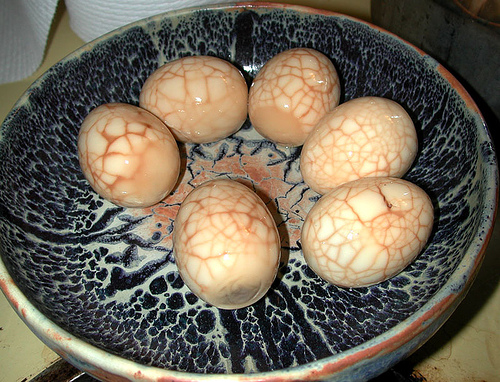Rotten eggs may pave way for safer anti-inflammatory drugs
 Washington, May 21 : Rotten eggs might smell bad, but their odour can provide a new range of safer and effective anti-inflammatory drugs, say researchers.
Washington, May 21 : Rotten eggs might smell bad, but their odour can provide a new range of safer and effective anti-inflammatory drugs, say researchers.
A new study from Peninsula Medical School in Exeter has revealed that a molecule, which releases hydrogen sulphide - the gas that gives rotten eggs their characteristic smell- have an anti-inflammatory effect.
The gas has recently been found to be produced naturally in the body.
Until now, H2S could only be delivered in one go via a gas cylinder or through the use of sulfide salts, both of which are generally highly toxic, in addition to being foul smelling.
The research team investigated the role of H2S in endotoxic shock, which causes a fatal loss of blood pressure and extensive tissue inflammation.
They discovered that when H2S is delivered in a slow and sustained manner, a potent anti-inflammatory effect is produced.
The cell signalling molecules that drive inflammation, such as TNFa, IL-1, IL-6 and prostaglandins, were reduced while levels of the body''s own anti-inflammatory molecules (i. e. IL-10) were increased.
The team hopes that using H2S donating molecules to control H2S delivery in the body could pave the way for the development of novel approaches to the treatment of inflammatory disorders.
"We have known for a few years that H2S levels in tissue and blood are markedly elevated during inflammation," said Dr. Matt Whiteman from the Peninsula Medical School, Exeter.
"It was assumed that this was a bad thing. However, our research is suggesting that H2S could be elevated as part of the body''s way to limit inflammation," he added.
The study has been published in journal Free Radical Biology and Medicine. (ANI)